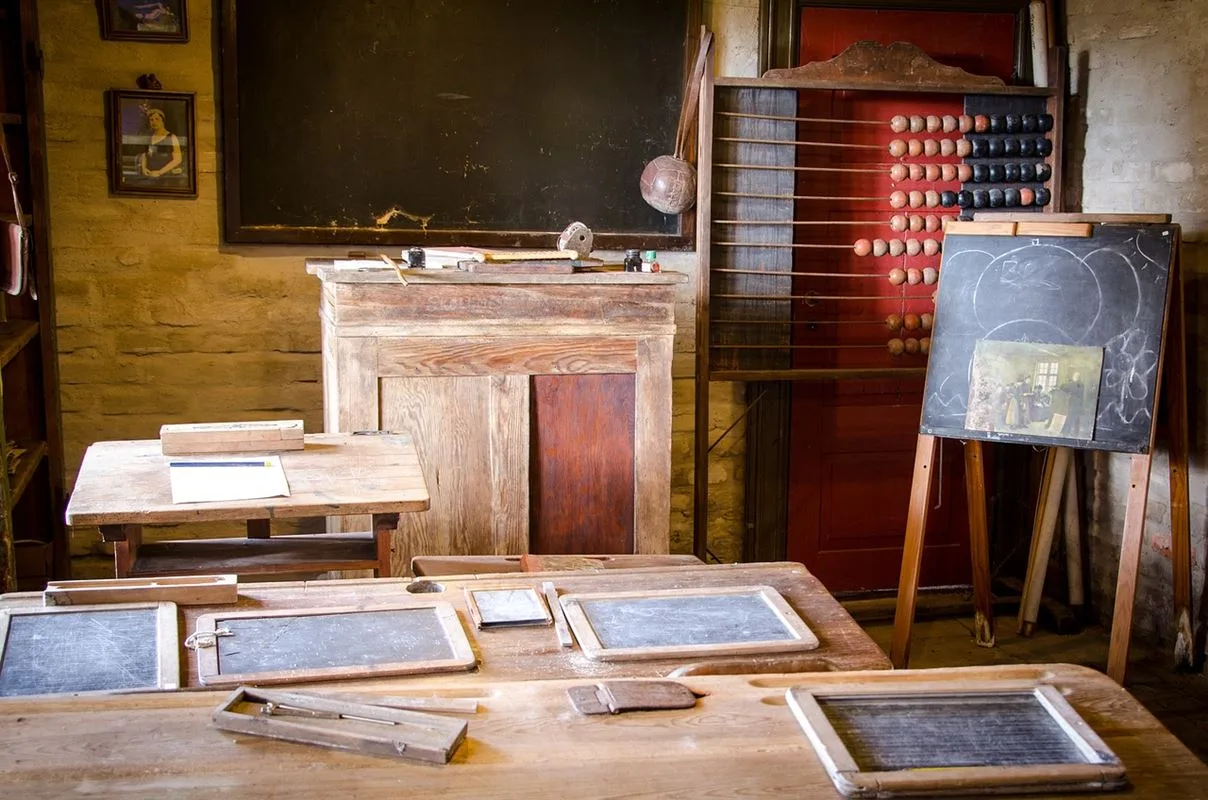The climate emergency has taken center stage, prompting governments, institutions, and private sectors to adopt a systemic and global approach to address this pressing issue. The educational system and sustainable education play a crucial role in driving a cultural and socioeconomic transformation.
Education is the foundation for a sustainable future, and it has the capacity to drive the necessary change. To move towards a circular economy, society must develop skills and experiences related to sustainable development, including environmental protection. This requires a revaluation of environmental protection at all levels, from preschool to postgraduate education.
In Mexico, the lack of significant changes in educational evaluation policies and their objectives, including sustainable orientation, is a major challenge. The country spends only 2.96% of its GDP on education, falling short of the global objective of allocating at least 4 to 6% of GDP to education.
A study by the Mario Molina Center revealed that, under the correct implementation of materials and dynamics, 100% of teachers recognized a greater commitment and involvement from students in managing human actions that impact the climate. The study also found that 93% of students considered environmental care content interesting and 90% had more information about the planet’s climate and its consequences.
To promote environmental awareness, teachers can implement the following actions:
* Establish basic knowledge: Integrate sustainability into curricula to instill the concepts of reduce, reuse, and recycle from a young age.
* Encourage critical thinking: Present real-world challenges related to sustainability and foster a solutions-focused mindset.
* Promote interdisciplinary learning: Introduce interdisciplinary courses to offer students a holistic vision of the circular economy.
* Cultivate a sustainable culture: Understand the implications of choices and become conscious consumers.
* Facilitate research and innovation: Promote programs focused on sustainability and circularity to drive technological and methodological advances.
By directing educational and training processes towards the development of an ecological and economically circular culture, institutions, teachers, and students can work together to promote substantial changes that reflect the climate situation of tomorrow.
